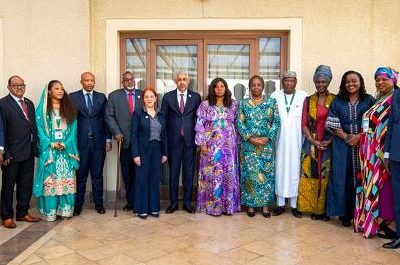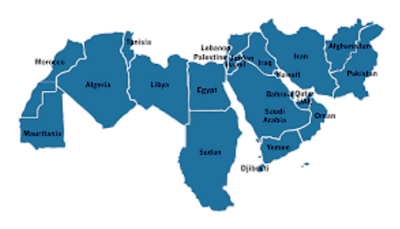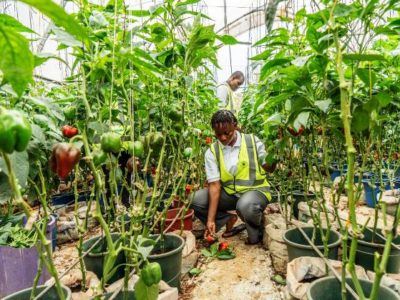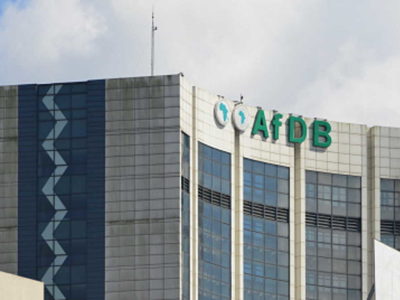By Roland Omoresemi, CEO, Dreamfield Farms Limited
Nigeria’s agriculture sector is a fundamental part of its overall economic outlook and account for 24.4% of Gross Domestic Product (GDP). But the value chain is highly underdeveloped making it largely a subsistence-based venture which, in the long term, is an unsustainable means of livelihood for millions of farmers and investors in the agriculture sector.
Agriculture is Nigeria’s single largest economic sector but it is mired with huge challenges that make investment tenuous and fraught with high risks in the entire value chain of the sector. Despite these frightening indices, investment in the sector can be rewarding with a long term approach at overcoming each challenges along the value chain. This is what Dreamfield Farms, an integrated agriculture enterprise based in Osun State has been working on since it kicked off business over two years ago.
Long term sustainability farming through value chain ownership is a model Dreamfield has had to evolve through practical on-hand experience at managing an agriculture enterprise in Nigeria.
Dreamfield is a 30 acre farm located along the Ife-Ibadan road in Ikire, Osun State. It started out as a poultry farm with 12,000 broilers raised every 42 days and had to halt its operations following some of the challenges described below. The issues encountered include:
Incessant increasing cost of production with negative impact on profitability. While middlemen and buyers benefitted from these increases, Dreamfield got stuck with rising expenses which could not be mitigated by sales of produce.
There were also problems of unreliable and uneducated workforce as well as integrity and trust issues. Trusted hands were embezzling funds and Dreamfield had no direct access to market as it operated under a middlemen owned relationships to buyers and consumers that isolated it directly from consumers of its products.
To address these issues, Dreamfield decided to diversify its offering by embarking on a journey that would let her own the entire value chain through which it gets its produce directly into the hands of its consumers.
Owning a value chain for Dreamfield meant owning all aspects of production to wholesale and retail markets that brings the end-consumer closer and directly to buying its farm products.
Following an exhaustive period of research and development, Dreamfield resolved to a strategy that involved adopting and implementing a Farm to Table (farm2table) concept that included: Mechanized farming & cultivation of its 30 acres which required acquisition of scarce farm tractors and implements for use and rental to local farmers; cultivation of exotic fruits and vegetables to be processed and sold through a Juice & Salad Bar; scaling back on broiled production to push toward organic production of farm animals – just enough to sell through Deramfield’s retail outlet; building of retail food outlets through which it can build a ‘customers’ following’ and subsequently sell its produce; and processing of farm produce into their last mile capability (chicken to sausage, cassava to flour, packaged products, etc).
The implementation of the strategy has resulted in the following: opening of a state of the art Juice & Salad Bar at Oshopey Plaza on Allen Avenue in Ikeja, Lagos; launching of a global weight-loss program that relies on fruits and vegetables produced from our network of farms; mobilization of two Massey Ferguson tractors with eight (8) implements including plastic mulching machine; opening of a global packaging and distribution channel for processed produce thereby allowing Dreamfield to sell things like shea butter, black soap, groundnut, kolanut, bitter kola, moringa, etc
Since the implementation if its value chain ownership model, Dreamfield’s supply chain including its agricultural equipment are opened to other farmers. Farmers can sell their produce directly to one of our Juice & Salad Bars; rent our farm equipment; get their produce processed and packaged through one of our channels.

















